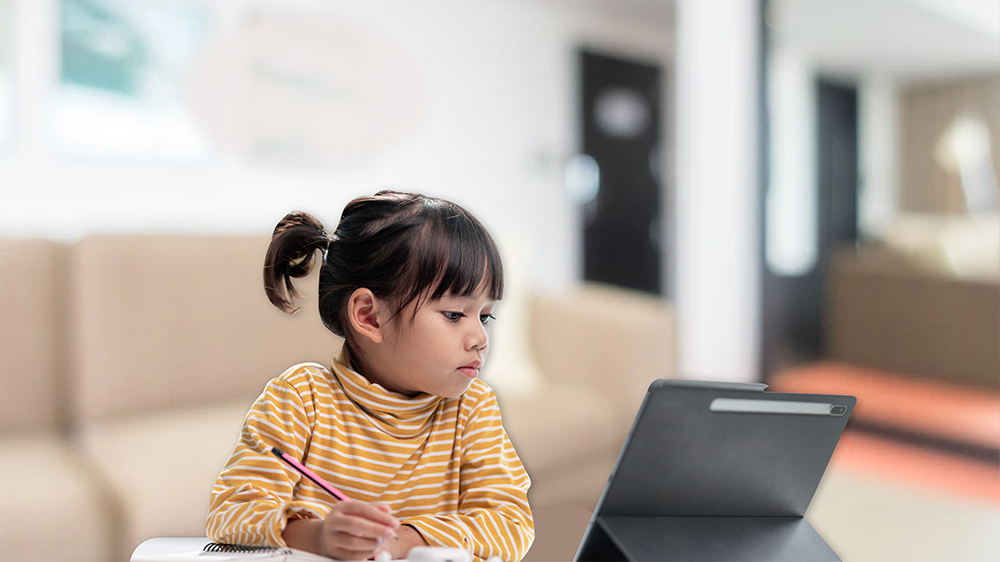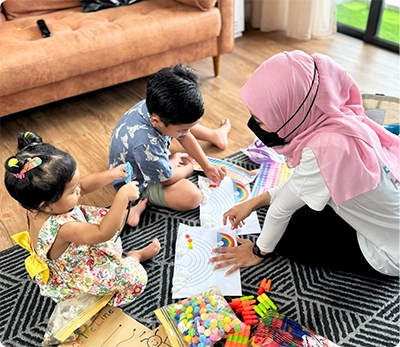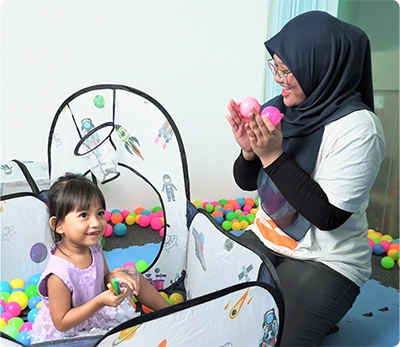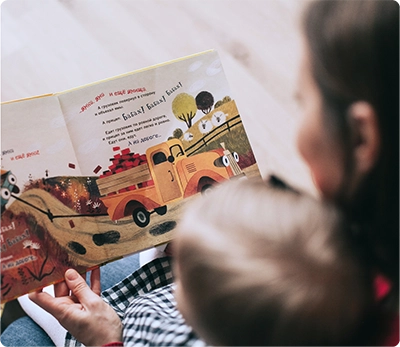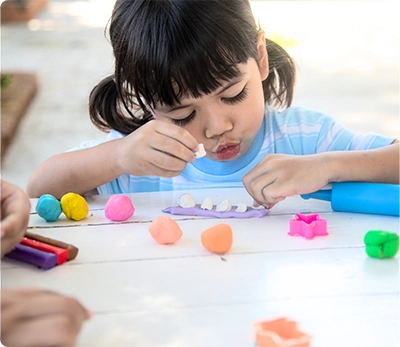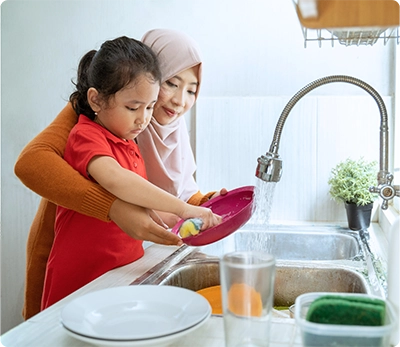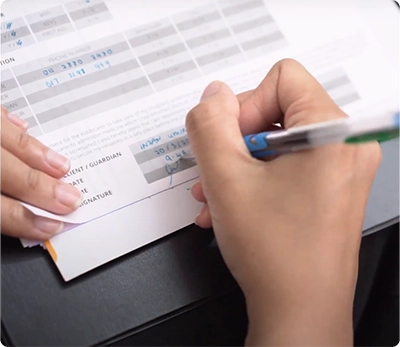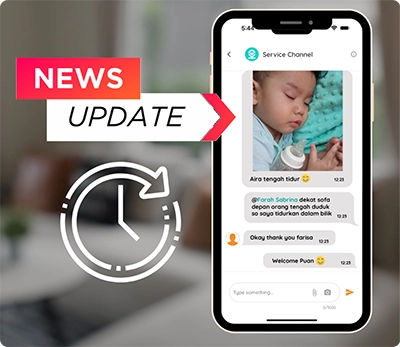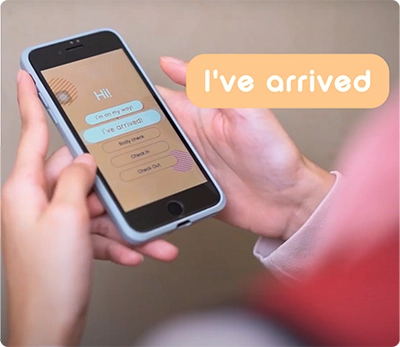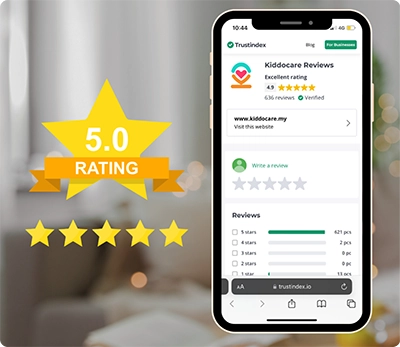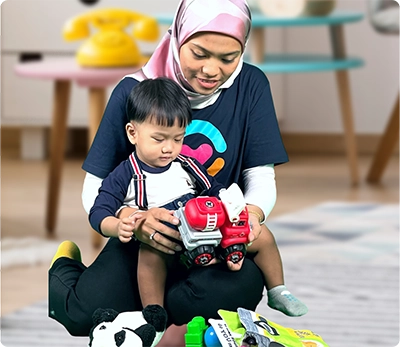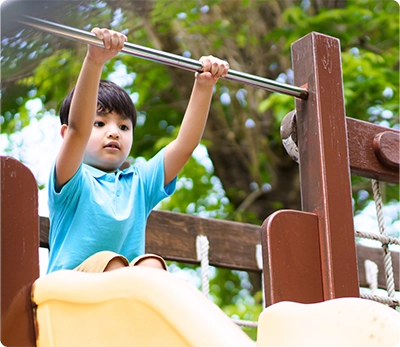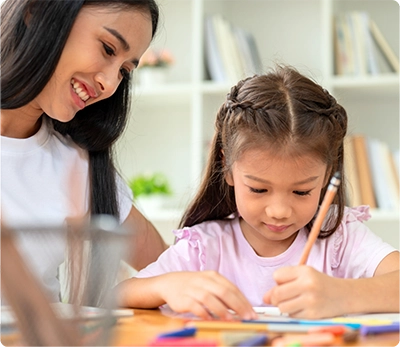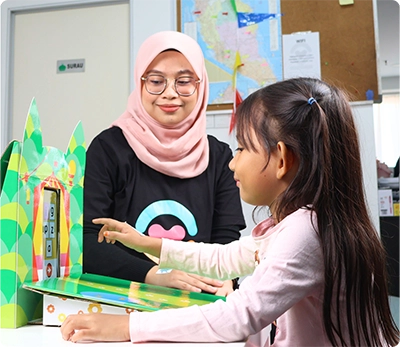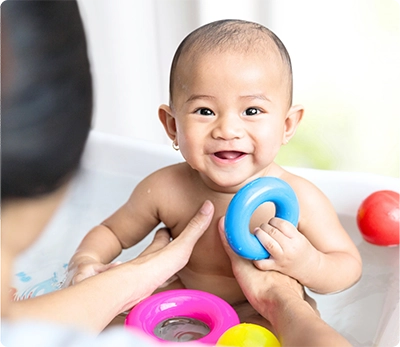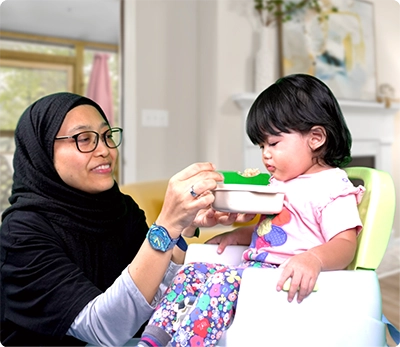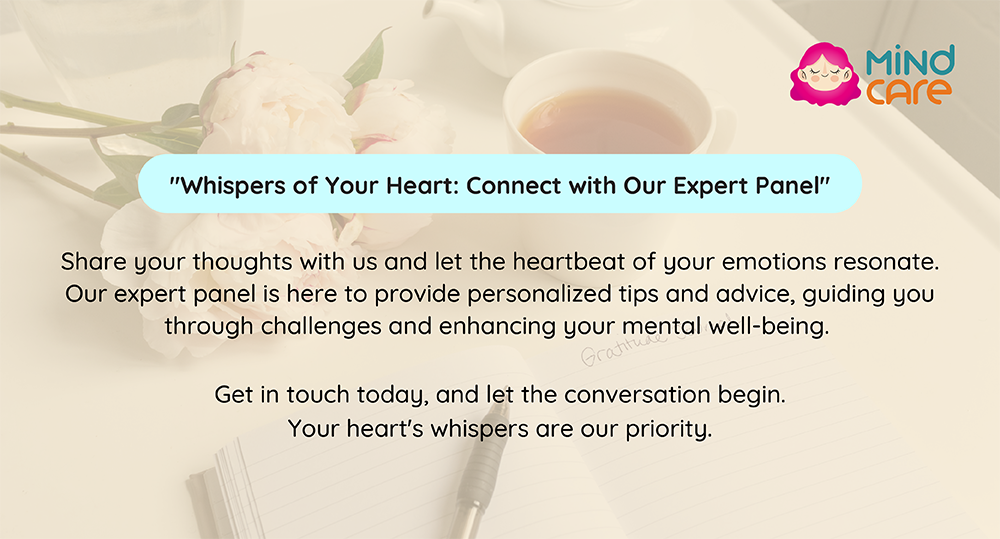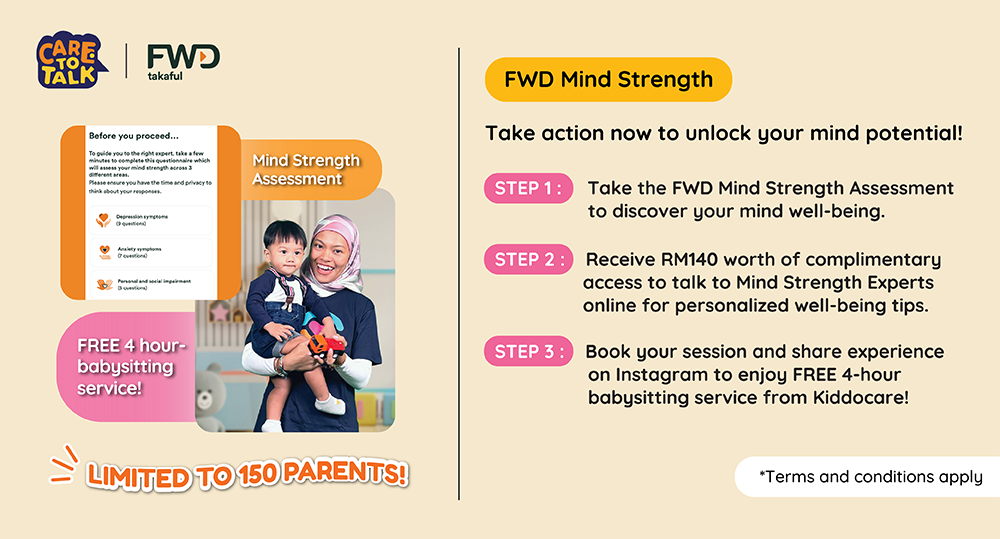Children’s Mental Health in the Digital Age
For children and young people today, using social media and the Internet have become a necessity as studying sessions, communications and entertainment can all be accessed in the online world.
Covid-19 has made it crystal clear that there has been an exponential rise in technology and the usage of social media, especially TikTok and Instagram.
Has technology blurred the line between physical and digital worlds? Yes. This has caused sudden shifts in daily lives and altered the way your children live, socialize and learn.
Thanks to digital technology, children are exposed to social connections, education, online support groups, and professional help. However, as the Internet contains a vast spectrum of information, children engaging in the digital world are also exposed to a number of threats including online bullying, communicating with suspicious strangers and encountering inappropriate and harmful content.
One of the ways you can make sure that your children are prepared for the dangers that might await them at the end of the door is to teach them how to scan and assess the online environment if they feel like the situation they are in may harm them in some ways. An instance is communicating with a stranger on Instagram could put a child at risk of sexual grooming, because adults are able to impersonate as children online. This can be avoided if your children are able to prevent, assess and manage the attempted harassment. You should also teach them to ask you for help whenever they feel uncomfortable or if they sense danger coming at them.
Children are curious little beings where they like to ask ‘why, why & why’. So when they are on the Internet, it’s fitting to say that they will explore further than what they have intended to search for in the first place, resulting in the exposure of potentially harmful content not suitable for young children leading to mental health problems that may result in self-harm. What you can do is to always keep an eye on their search results and history. If you find inappropriate content that they may have clicked on, you should communicate with your children and set up parental controls in the future to avoid these things from happening again.
It is to no surprise that online bullying exists on the Internet. Children of online bullying can experience sadness, loneliness and low-self esteem which can all affect your children’s mental health. Online bullying can happen once they have accessed the Internet, so it is difficult for them to escape or avoid bullying. If you notice that your children constantly hide their screen when others are near or start to avoid social situations and lose interest in people and activities, it is time for you to talk to your children about what might be going on. Ask them questions and convince them that you will protect them at all costs. You may also suggest ways to prevent or stop online bullying such as not responding to comments or blocking the person that harasses you on social media.
Some parents (and that might be you) may think that banning the Internet will keep their children safe and secure but prohibiting access to social media use may result in children being socially excluded or prevent them from reaching information within seconds that may otherwise seem impossible to get hold of. It may also hinder their growth to explore the possibilities of technologies and what they can do with them. While other children are tech-savvy, your children may have a late start in life in that department which will affect their development and understanding of the modern era.
You may now think that there is no way that you can keep your children from being completely safe and progressive. Well, for one, you can start an open dialogue with your children. This will strengthen your relationship while allowing them to open up about their Internet use. Parents should also set a positive example for their children on healthy digital habits. Your children’s mental health will increase significantly because having face-to-face conversations with you can show that you care about them especially when you express concern about their overall well-being.
Your children’s mental health should always be prioritized over other things. Help them if they are in need of help and always check their activities online from time to time. We hope this helps!

